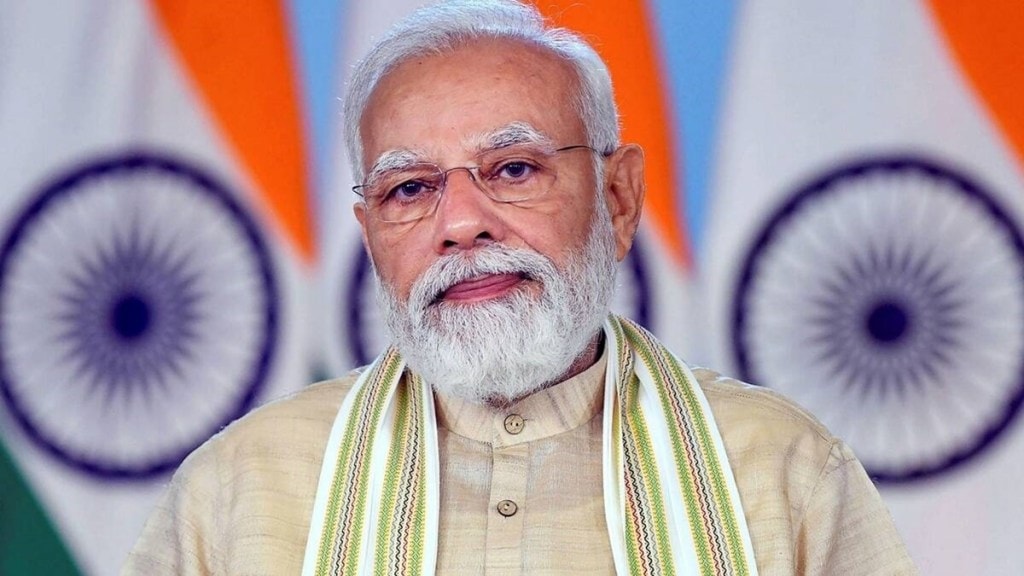Prime Minister Narendra Modi on Friday called upon the G20 economies to draw inspiration from the vibrancy of the Indian economy and work towards bringing back stability, confidence and growth on the global landscape. As the custodians of the leading economies and monetary systems of the world, it is incumbent on the G20 nations to bring back stability, confidence and growth to the global economy, he said.
Addressing the first minister-level dialogue under India’s G20 presidency via video conference from New Delhi, Modi also said trust in international financial institutions has eroded. “This is partly because they have been slow to reform themselves,” Modi told the G20 finance ministers and central bank governors, who have assembled here for the two-day meeting.
Also read: How digital escrow solutions are helping NBFCs optimize their collections
Modi’s comments came as a set of challenges is faced by the world in the aftermath of the pandemic and amid persisting geopolitical tensions, including unsustainable debt, inflation and supply chain disruptions. “I urge you to focus on the most vulnerable people in the world,” the Prime Minister said. “There are disruptions in global supply chains…. food and energy security have become major concerns across the world,” he added. Even the financial viability of many countries is threatened by unsustainable debt levels.
Though India reported public dent of 89.3% of the gross domestic product (GDP) in FY22, it has already resumed the fiscal consolidation process and expects to mitigate the debt with higher GDP growth. An expert panel had earlier recommended that public debt must be maintained below 60% of the GDP, with the debt of the Union and state governments roughly in the 2:1 ratio.
India, however, is backing the implementation of the common framework intended to deal with insolvency and protracted liquidity problems, along with the implementation of an IMF-supported reform programme in debt-stressed countries. Amid food and energy shortages for their population due to dwindling forex reserves and debt repayment obligations, India’s neighbours Sri Lanka, Bangladesh and Pakistan have sought a bailout from the IMF over the past year to tide over their economic hardships.
Also read: The EU’s carbon tax: What India must do
“Indian consumers and producers are optimistic and confident about the future. We hope that you will be able to transmit the same positive spirit to the global economy,” Modi said.
IMF’s January 2023 World Economic Outlook Update projected that global growth would fall to 2.9% in 2023 but rise to 3.1% in 2024. The 2023 forecast is 0.2 percentage points higher than predicted in October 2022 but below the historical average of 3.8%. About 80% of global growth this year and next would come from emerging and developing economies, including over 15% from India alone.
IMF has forecast 6.1% growth for India in FY24, the fastest among large economies of the world. The Reserve Bank of India (RBI) has estimated India’s growth to slow to 6.4% next year from 7% in FY23. But, in its latest monthly bulletin, RBI said the country can raise the growth to 7% next fiscal if the Union Budget proposals are efficiently implemented.
Even as the world population has crossed 8 billion, progress on sustainable development goals seems to be slowing down, Modi said.
“We need to collectively work to strengthen multilateral development banks for meeting global challenges like climate change and high debt levels,” he added.
On February 9, finance minister Nirmala Sitharaman and International Monetary Fund managing director Kristalina Georgieva discussed the timely completion of the 16th General Review of Quotas (GRQ) to strengthen the global financial safety net. The GRQ is expected to address the long-delayed realignment of IMF members’ quota by December 2023, which was last undertaken in 2008, to increase the voice of the emerging market and developing economies such as India.

